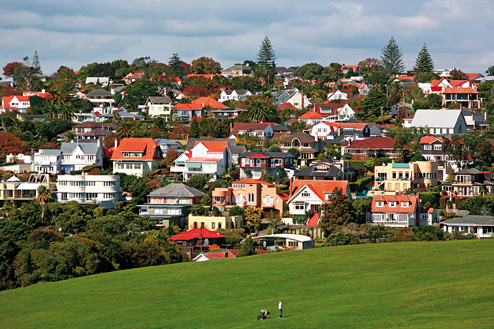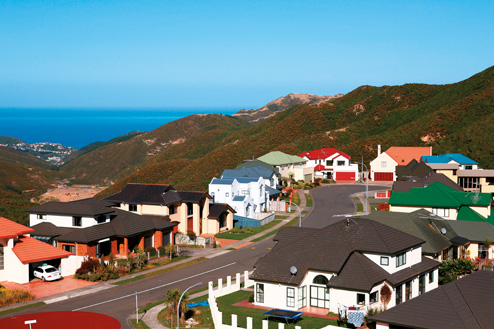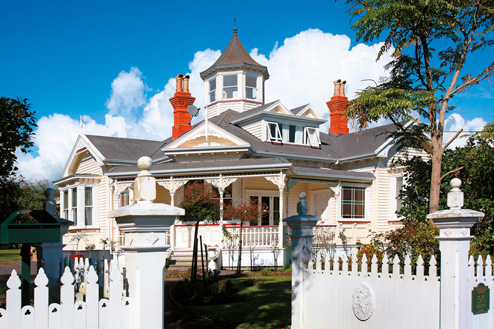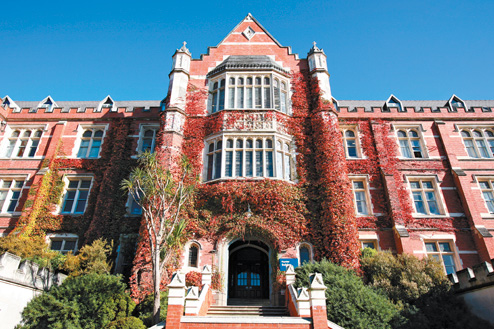Nurseries & Pre-Schools
Most New Zealand children attend some form of kindergarten or pre-school prior to officially starting school at age 5. Early education is considered essential to children's learning and services are provided by a range of operators, from private businesses to community church groups and voluntary agencies. Parents are usually encouraged to be involved in these childcare centres and getting involved is an excellent way of meeting other families and making friends in the area, particularly if you don't know many people.
Unlike primary and secondary schools, nurseries and pre-schools don’t automatically receive funding from the government. State funding is generally only provided if the service is licensed and has a 'charter' that formally sets out educational policies, which are in line with those approved by the Ministry of Education.
The Ministry sets licensing standards which include minimum ratios of staff to children and restrictions on class sizes. Check that your chosen early childhood centre is licensed before you enrol your child as this guarantees a minimum standard of care. The centres are regularly monitored by the Education Review Office and their reports are publicly avaiable. The MOE (www.minedu.govt.nz) can provide local contacts and free advice on the range of early childhood services available in your area, but it's also worth talking to neighbours or your local Plunket group.
Kindergartens provide early childhood education for children from the age of 3 to 5. It is quite usual for kindergartens to have waiting lists so the earlier you register your child, the better. Children can be placed on the waiting list from the age of two years.
Children attend either morning or afternoon sessions. Morning sessions are usually held five times a week and afternoon sessions usually three, although this will vary. The sessions tend to be informal and parental involvement is encouraged. The philosophy is learning through play and the emphasis is on developing children's social skills. Kindergartens don't formally charge fees, but a donation and help with fundraising and working bees is generally expected.
Education and care centres offer full-day or half-day (up to four hours a day) care and are normally open for up to eight or nine hours (between 07:00 and 18:00). Some centres offer care in morning or afternoon sessions but usually require children to attend for a mimimum time period.. Usually, care is charged on the basis of a weekly or daily fee. The best facilities have waiting lists so if you want a place for your child get your name on the waiting list quickly. Centres are licensed to take either under two-year-olds, over two-year-olds or a mix of both age groups. These include both standard facilities and specialist childcare centres such as those run by Montessori and Rudolph Steiner schools. Fees usually start at about $20 for a short afternoon to $45 for a full day, or $200 for a full week of care.
Unlike primary and secondary schools, nurseries and pre-schools don’t automatically receive funding from the government. State funding is generally only provided if the service is licensed and has a 'charter' that formally sets out educational policies, which are in line with those approved by the Ministry of Education.
The Ministry sets licensing standards which include minimum ratios of staff to children and restrictions on class sizes. Check that your chosen early childhood centre is licensed before you enrol your child as this guarantees a minimum standard of care. The centres are regularly monitored by the Education Review Office and their reports are publicly avaiable. The MOE (www.minedu.govt.nz) can provide local contacts and free advice on the range of early childhood services available in your area, but it's also worth talking to neighbours or your local Plunket group.
Kindergartens provide early childhood education for children from the age of 3 to 5. It is quite usual for kindergartens to have waiting lists so the earlier you register your child, the better. Children can be placed on the waiting list from the age of two years.
Children attend either morning or afternoon sessions. Morning sessions are usually held five times a week and afternoon sessions usually three, although this will vary. The sessions tend to be informal and parental involvement is encouraged. The philosophy is learning through play and the emphasis is on developing children's social skills. Kindergartens don't formally charge fees, but a donation and help with fundraising and working bees is generally expected.
Education and care centres offer full-day or half-day (up to four hours a day) care and are normally open for up to eight or nine hours (between 07:00 and 18:00). Some centres offer care in morning or afternoon sessions but usually require children to attend for a mimimum time period.. Usually, care is charged on the basis of a weekly or daily fee. The best facilities have waiting lists so if you want a place for your child get your name on the waiting list quickly. Centres are licensed to take either under two-year-olds, over two-year-olds or a mix of both age groups. These include both standard facilities and specialist childcare centres such as those run by Montessori and Rudolph Steiner schools. Fees usually start at about $20 for a short afternoon to $45 for a full day, or $200 for a full week of care.













